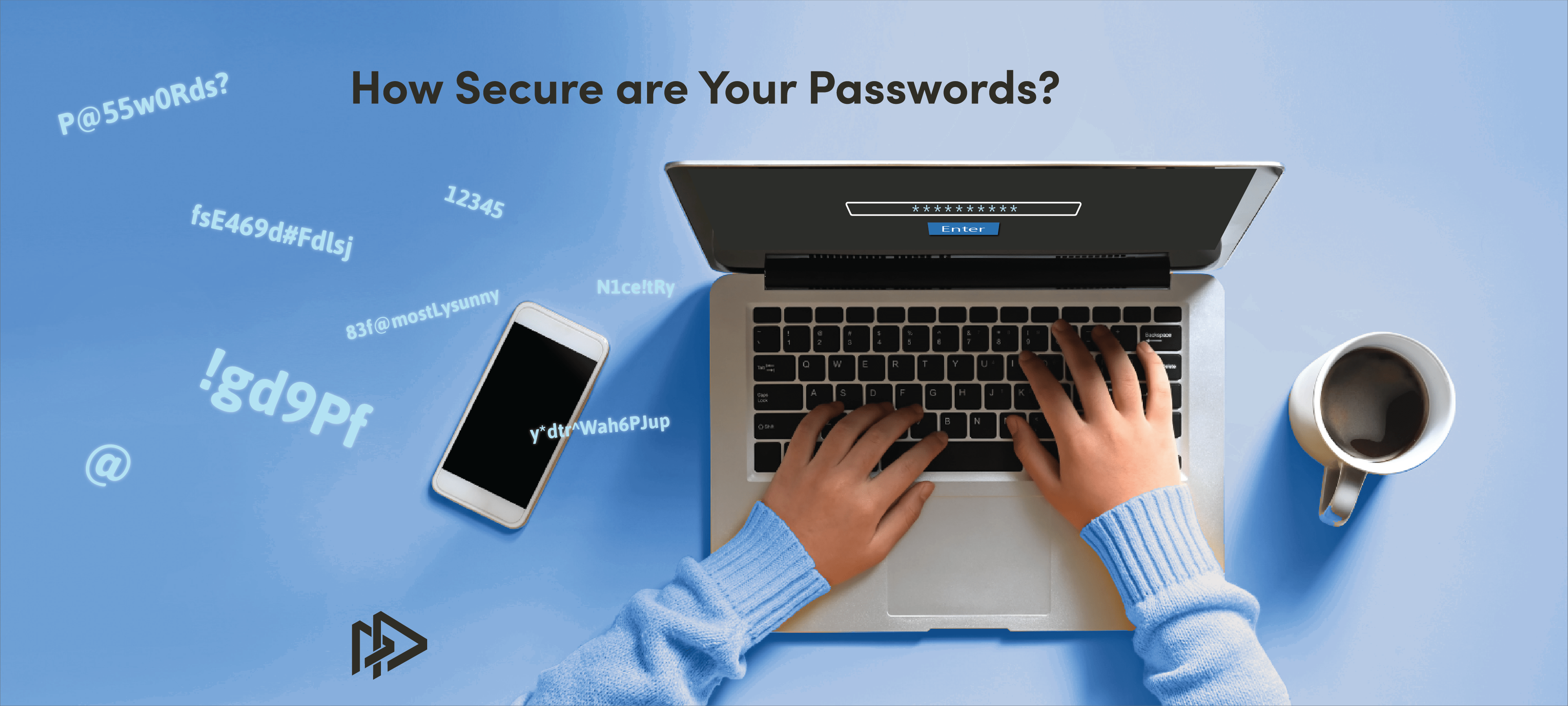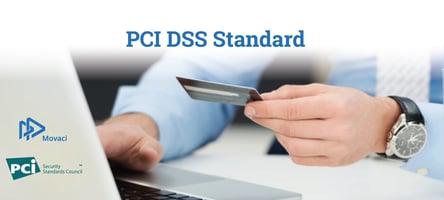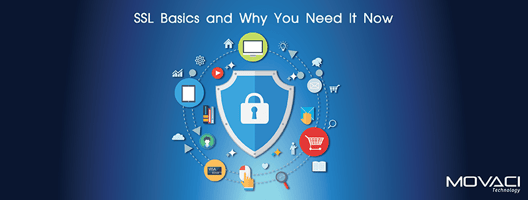Protecting your personal information and online privacy may be more difficult than you might think....
How Secure are Your Passwords?
It’s time for you to seriously consider this question – How secure are your passwords really?
From discount code providers, to food delivery services, to trial software, the internet is full of “free” opportunities – you just need to hand over your email and create a password. In fact, it feels like every website out there is demanding a username and password nowadays which leads to “password fatigue”. Is it any wonder that as many as 65% of people surveyed (back in 2019) admitted to using the same password across multiple sites? It’s quick. It’s convenient. It’s EASY to remember. It’s also the most dangerous thing we can do. Like all bad habits in life, not being sharp and alert with your password choices can have major consequences. What is more, we tend to take our personal, ingrained habits with us to work. Your personal information is very valuable – one of the most in-demand commodities in the world—and cyber criminals are well-aware of the fact, but when it comes to password hygiene, we tend to be our own worst enemy.
So how can we protect ourselves from data breaches? The Data Security Experts at Movaci have compiled 4 EASY STEPS that they consider critical and can help you and your employees prevent password fatigue both personally, and in your company’s security systems.
1. Use passphrases instead of passwords
A 9-character password can be cracked in as little as 45 minutes by someone who knows what they’re doing with a password-cracking rig. An 18-character password, on the other hand, is estimated to take longer to crack than the number of years this old earth has left in the universe. The math is obvious! But how do you remember 18 characters? We suggest using phrases, or 3 to 4 short, memorable, unrelated words split by dashes, and be sure to use capitals, numbers and symbols. For example, tH1s-P@s5Word-is-strong (and no, please do not copy and paste this as your new favorite password).
2.Use a password manager or authenticator program
A Password Manager like 1Password or LastPass allows you to use ONE incredibly strong Master Password, and generate completely random passwords that are securely locked away in your Password Manager, making it exceptionally easy to keep track of your strong, unique passwords, no matter how many of them you have in your digital stockpile.
Most Password Managers also have a ‘quick-fill’ function that allows you to almost instantly log into websites for when you need to order your Uber Eats for that company lunch or have a piping hot cup of coffee waiting for that client meeting.
Authenticator Programs add a second or even third layer of security to your sign-in process all but guarantees that cyber criminals won’t be able to make use of your login details, even if they have obtained your password somehow. Real-time authentication tools double- or even triple-check that it’s really you who are signing in by requiring you to type in a code that is randomly generated and sent to an app on your mobile device, a text message or an email.
3. Make good password habits part of your company culture.
The number 1 cause of breaches in your business’ security systems is human error, and this absolutely includes poor password choices from staff. Now that you understand the importance of passphrases and authenticator programs, it’s time to share that knowledge with everyone who works for you and shift the culture by setting the example, and enforcing good password protocols. Educate them on the issue as much as possible to avoid password fatigue at every level of your team. Remember, a low-tiered employee’s bad password might just be all that a hacker needs to gain access to the entire system of valuable data in your company.
4. Create your own password policies and ENFORCE them
Set new standards by deciding how often your employees should change their passwords (for example 3 or 6 months) and how many characters they should contain, and keep to them! Strict policies that are enforced not only protect against bad password habits, but they also routinely remind your employees to uphold data security above their desire for ease and convenience. There are differing opinions on which password policies are most effective, so use this article as a guide and do a little research online to choose the policy specifics that will work best for your team.
One final action we recommend for you once you believe your business is ready to withstand scrutiny – take Movaci’s Vulnerability Assessment .
We’ll dig deep and push hard against your IT system’s defenses in order to find the weakest areas and then work with you to repair them. Taking advantage of Movaci’s expertise in this way will give you peace of mind concerning the security of your personal data.
It’s one of the smartest decisions you can make for your company.
So choose data protection as a top priority for your business. Challenge yourself, starting with good password strategies and habits; additionally, call on Movaci to help with any step along the way toward having the best IT security possible. That’s what we’re here for.




